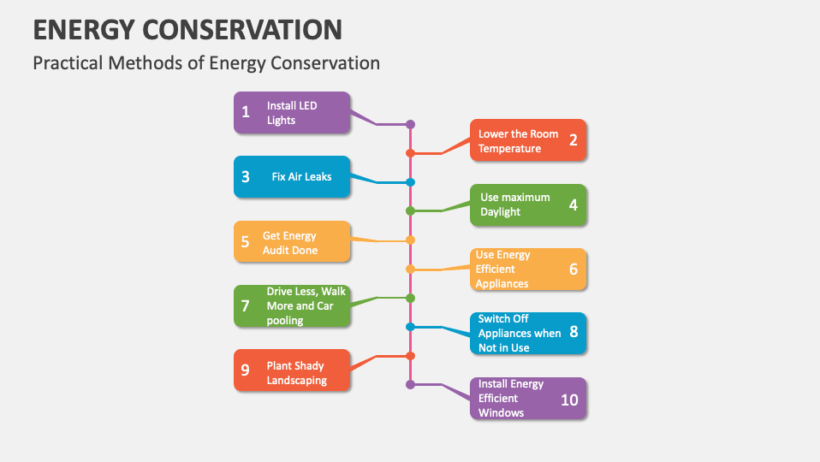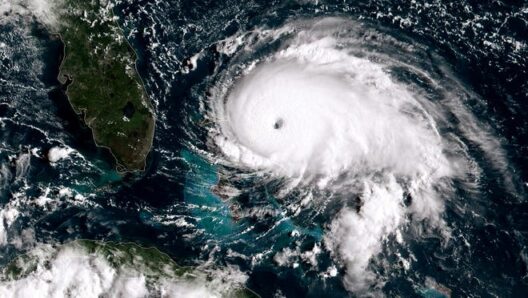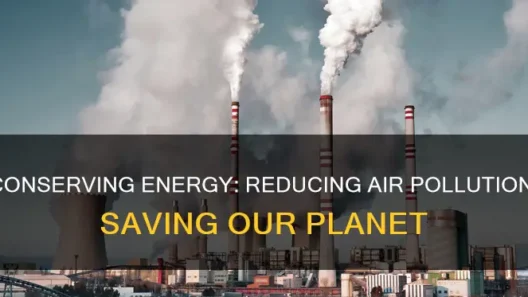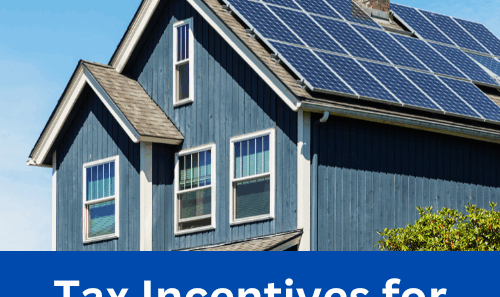Energy conservation is a multifaceted phenomenon that resonates deeply within the realms of environmental science, economics, and social responsibility. It embodies a commitment to using energy more efficiently, thereby minimizing waste, mitigating ecological damage, and fostering sustainable habits among individuals and communities. This narrative seeks to elucidate the inherent enchantment embedded in energy conservation, exploring its various dimensions and implications through an engaging lens.
At its core, energy conservation is the deliberate act of reducing energy consumption through behavioral changes, technological innovations, and strategic planning. Each of these components plays a critical role in shaping the complex ecosystem of energy use and consumption. Understanding energy conservation is paramount for addressing the pressing challenges posed by climate change, resource depletion, and ecological degradation.
The tapestry of energy conservation can be woven together through various methods, and its magic transcends mere practicality. Consider the transformative potential of reducing energy waste in the home. Simple actions—unplugging devices, using energy-efficient appliances, and optimizing heating and cooling systems—culminate in significant energy savings. The allure here lies not just in the tangible decrease in utility bills, but also in the heightened awareness of one’s carbon footprint. Each action reinforces a collective ethos aimed at protecting the environment.
Moreover, energy conservation extends its beneficial embrace to the commercial sector. Businesses can adopt sustainable practices not only for ethical reasons but also to enhance profitability. For instance, innovations in green building design, such as utilizing natural light and intelligent climate control, catalyze a dual benefit: reduced operational costs and a lesser environmental impact. Such synergies are quintessential examples of how energy conservation begets both economic and environmental advantages.
Educating consumers about energy alternatives also encapsulates the magic of energy conservation. When individuals become informed about renewable options—solar, wind, and geothermal energy—the allure of these alternative sources often takes root. Transitioning from fossil fuels to renewable energy not only curtails greenhouse gas emissions but also fuels innovation in technology and policy-making. The empowerment felt by individuals who contribute to energy conservation through intentional choices evokes a sense of agency that transcends the mundane.
Moreover, the promotion of energy conservation engenders a ripple effect within communities. Grassroots movements advocating for collective action, such as community solar initiatives or local energy-saving competitions, galvanize neighbors to come together in pursuit of a common goal. Such collaboration fosters a sense of unity, transforming the daunting challenge of climate change into a shared responsibility. Witnessing entire neighborhoods embrace energy conservation exemplifies the collective spirit of resilience, revealing the beauty of communal effort.
Another compelling aspect of energy conservation lies in its profound implications for global energy policies. Nations are beginning to recognize the urgency of transitioning towards sustainable energy systems. By formulating policies that prioritize energy efficiency and renewable resources, governments can spur significant advancements in infrastructure, technology, and the economy. The allure of energy conservation is not just local; it’s a planetary mission that demands collaborative strategy and vision.
The integration of energy efficiency standards into regulatory frameworks is yet another testament to the enchantment of energy conservation. Building codes, vehicle emissions standards, and industrial regulations compel entities to adhere to guidelines promoting energy-saving technologies. This push for adherence not only yields environmental benefits but also stimulates innovation within the market. Through such regulations, the sparking of new ideas is a manifestation of the endless possibilities inherent in energy conservation.
Furthermore, the role of technology cannot be overstated when discussing energy conservation’s magical essence. The advent of smart technology—like programmable thermostats, energy monitoring systems, and smart appliances—has revolutionized how we perceive and consume energy. These innovations allow for real-time monitoring and management of energy usage, often with minimal effort from the consumer. The allure of being able to see, in real-time, the impact of one’s energy consumption can propel individuals to make conscious choices toward a greener lifestyle.
While discussing energy conservation, it is essential to acknowledge the human element. Behavioral psychology reveals that fostering an intrinsic motivation for energy-saving practices is fundamental to long-term adherence. Initiatives that involve hands-on experiences, storytelling, and community engagement foster a deeper connection to energy conservation. The magic lies in the emotions evoked—hope, responsibility, and the empowerment to effect change. By engaging individuals on a personal and emotional level, communities can cultivate a vibrant culture of sustainability.
As the world grapples with climate-related challenges, the enchanting world of energy conservation beckons to mitigate adverse impacts. This multifarious approach embraces technological advances, policy changes, economic imperatives, and social movements, all coalescing into a movement wider than any one individual. Understanding energy conservation as a progressive journey—where every small effort counts—ensures that sustainable practices become ingrained in the fabric of society.
The journey of energy conservation is an inspiring narrative rich in potential. The collective commitment to energy efficiency can foster a vision of a sustainable future, where the magic of energy conservation is not merely a concept, but a lived reality. The seamless integration of green practices into daily life represents a tangible leap towards a resilient planet. Ultimately, energy conservation transforms habits and philosophies while paving the way for a brighter, more sustainable tomorrow.






